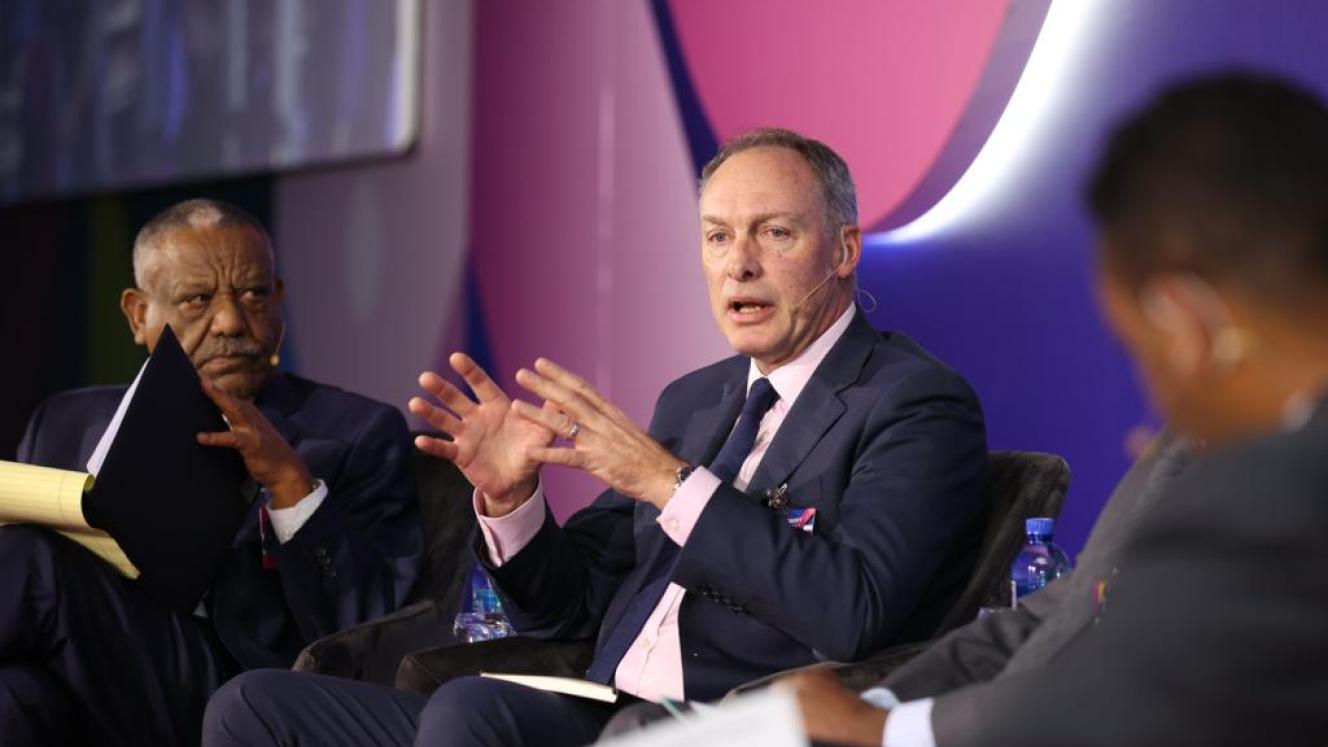We can expect closer co-operation between African airlines in the future. Carriers on the continent are looking at new joint ventures as a way to cut costs, fend off competition from international players, and connect to new markets on the continent.
Codeshares and interline agreements are the usual ways airlines work together, but there is a new type of joint venture on the African horizon.
The partnership between South African Airways and Kenya Airways is one such example.
Flag carriers in their respective markets, Kenya Airways and SAA will keep their identity but want to work closely together to open new routes and benefit from cost savings – such as those experienced in other markets where there are several similar successful joint ventures in play.
Simon Newton-Smith, outgoing Acting Chief Commercial Officer at SAA, told delegates at the AviaDev Africa 2022 development conference that the partnership was a joint venture in which each brand would retain its own identity. He said there was the possibility the partnership would encompass the brands of other carriers in time.
Newton-Smith said Africa was the only place on the planet where there was potential for airlines to grow. He challenged African carriers to use partnerships as a way to fend off competition from international carriers, especially the Gulf carriers.
He likened the SAA/KQ partnership to the structure of the Lufthansa Group, which has several different brands that operate successfully alongside each other effectively. “There’s absolutely a foundation for that in Africa,” he said. Referring to the Lufthansa Group’s leisure-orientated carrier, Eurowings, he added: “There is no answer to that in Africa.”
Shared management resources and help with training, maintenance, decision-making and growing Africa’s aviation talent pipeline are some of the other benefits experts associate with this type of partnership. “Everyone is realising that the cost base (for airlines) is horrible and can’t make us competitive. There is room for competitiveness through collaboration,” said Newton-Smith.
A panel discussion, ‘Building profitable, sustainable and equitable partnerships’ during the conference identified even more benefits and uncovered practical examples of what can happen when African airlines find the right partner.
Government control of airlines was flagged as a major challenge stopping new types of partnerships from taking off.
Moderated by Ethiopian Airlines Chairman, Girma Wake, panellists included Newton-Smith; Nowel Ngala, Director of Commercial & Group Operations at ASKY Airlines; Surafel Saketa, Manager of Group Business Development and Equity Partner Airlines at Ethiopian Airlines; and Air Botswana’s Commercial Director, Getaneh Woldemichael.
Ngala described an existing relationship between Ethiopian Airlines and ASKY as a win-win. Certain flights are marketed by one airline but operated by another. “We know we can’t reach every corner alone,” Saketa added.
These partners (Ethiopian Airlines and ASKY) also reported times when aircraft had been shared and, when fights had been cancelled, they said pax could be re-accommodated without having to pay in or wait days for another flight.
Shared negotiated rates, market intelligence tools and expertise were some more benefits the panel identified in this type of partnership.
Wake identified opportunities for partnerships in markets like Nigeria and said discussions were already happening at government level in some African markets.
A panellist said that, in Africa, a continent without the benefits of a road and rail system that could connect markets and boost trade, co-operation between airlines should be compulsory.
Woldemichael said Air Botswana, which is fully state-owned, would be open to passenger partnerships that could fill gaps in the airline’s route network. The airline was also actively looking for air cargo and freight opportunities, he said.
Newton-Smith added that there were plenty of investors who would put money into African airlines, but he sounded a warning that investors usually got turned off when governments were seen to be too involved in the running of the business. “If there is one thing we should all have learned, it is that we can’t go back to the way we were operating.
“Africa has 18% of the global population but represents only 2-3% of the airlift. It is the only place left on this planet where there is an opportunity. Our job, as African airlines, is to piece that together. There is US$6,7trn (R108,83trn) in value wrapped up in what we are here to do,” he said.
“We are handing business to foreign carriers on a plate. Our international partners want us to get this right. Otherwise, the Middle Eastern carriers will come in and do the job for us.”













